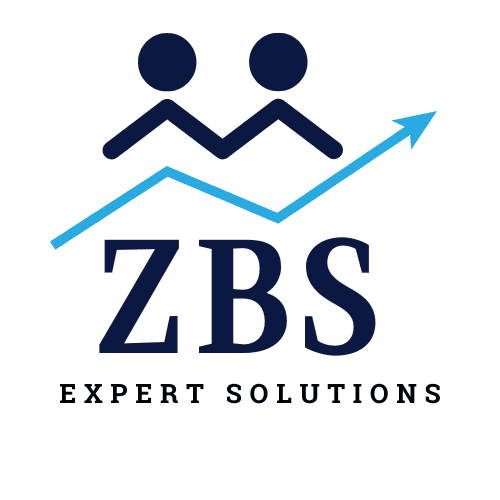
In today’s dynamic digital landscape, SaaS in cloud computing has emerged as a transformative force for businesses of all sizes. Rather than relying on traditional software installations that require heavy infrastructure, companies are increasingly turning to Software as a Service (SaaS) delivered through cloud platforms. These solutions offer flexibility, cost-efficiency, and scalability—making them ideal for modern organisations navigating fast-changing markets.
Let’s explore the top five benefits of using SaaS applications in cloud environments and why more businesses in Australia and around the world are embracing this innovation.
1. Lower Upfront Costs and Predictable Budgeting
One of the most significant benefits of SaaS in cloud computing is the reduction in capital expenditure. Traditional software models often demand costly licences, hardware installations, and ongoing maintenance. In contrast, SaaS applications are subscription-based, allowing businesses to spread costs over time.
Because cloud infrastructure handles the bulk of computing power, there's no need for expensive servers or IT departments to maintain them. This is especially beneficial for startups and small businesses looking to adopt cutting-edge technologies without breaking the bank. With predictable monthly or annual payments, budgeting becomes simpler and more transparent.
2. Scalability and Flexibility for Growth
Businesses evolve rapidly, and software needs often change with time. SaaS in cloud computing allows companies to scale usage up or down based on their current needs. This flexibility means you can start with basic features and upgrade as your business grows—without replacing the entire system.
For example, a recruitment agency using a SaaS platform can begin with a small package and later add more users or features as their client base expands. This ability to adapt ensures businesses stay agile and competitive in an ever-changing market.
3. Automatic Updates and Easy Maintenance
Gone are the days when businesses had to wait for IT teams to manually install software patches or updates. SaaS in cloud computing enables automatic updates that are managed by the provider.
This ensures users always have access to the latest features and security protocols while minimising downtime and operational disruptions. For growing organisations, this reliability is crucial—especially when dealing with sensitive data or client-facing services.
4. Remote Accessibility and Workforce Efficiency
With more teams working remotely, especially after the global shift caused by the pandemic, SaaS solutions have proven to be essential. Employees can access tools and data from any location using just an internet connection.
This cloud-based accessibility boosts productivity and collaboration, particularly for distributed teams. It also aligns well with current industry trends, where SaaS companies hiring remote staff is becoming increasingly common. Many SaaS companies hiring talent now prioritise flexibility and cloud proficiency in potential candidates.
5. Enhanced Security and Compliance
Cyber security is a top concern for businesses of all sizes. SaaS in cloud computing often includes advanced security features such as data encryption, multi-factor authentication, and real-time threat monitoring.
Reputable SaaS providers are also compliant with industry regulations, offering businesses peace of mind that their data is protected. Instead of building an in-house security system, companies can rely on the provider’s robust infrastructure and frequent audits.
Conclusion
The rise of SaaS in cloud computing has revolutionised how businesses manage their operations, offering a host of advantages that support efficiency, growth, and innovation. With benefits such as cost reduction, scalability, and enhanced security, SaaS is becoming the go-to solution for companies across industries.
Additionally, the boom in the digital workspace has created a surge in SaaS companies hiring, especially in Australia’s tech sector. For professionals and businesses alike, embracing cloud-based SaaS solutions is more than just a trend—it's a strategic move toward a smarter, more connected future.




